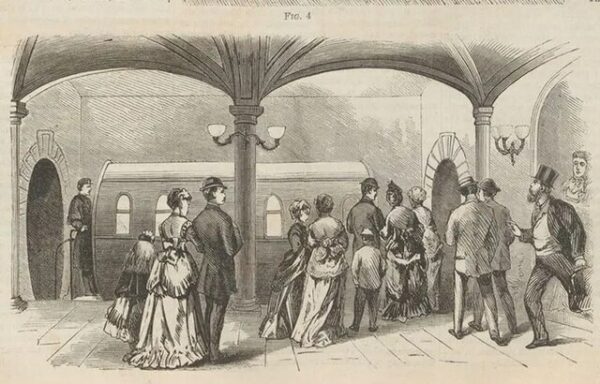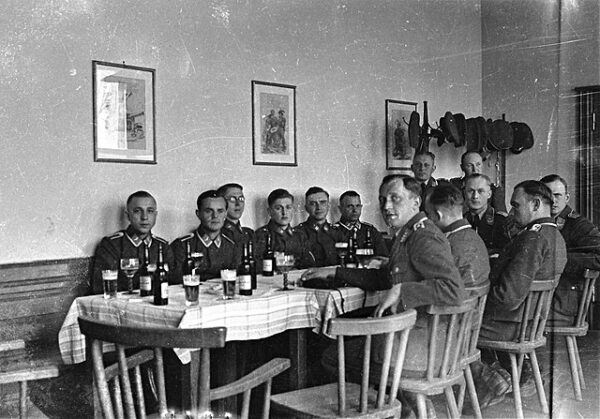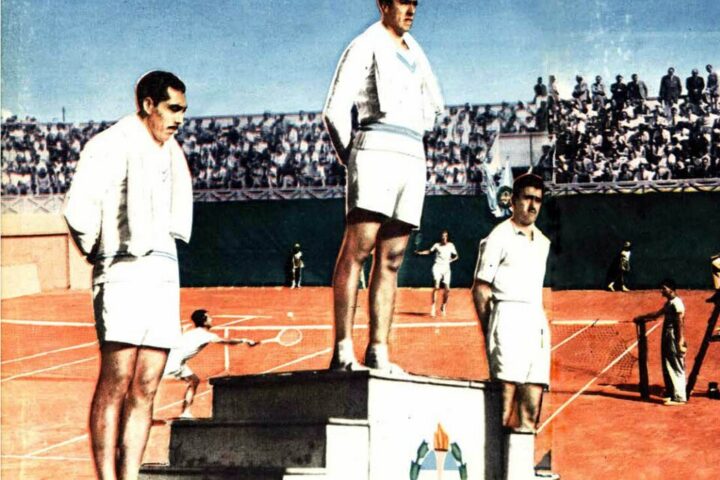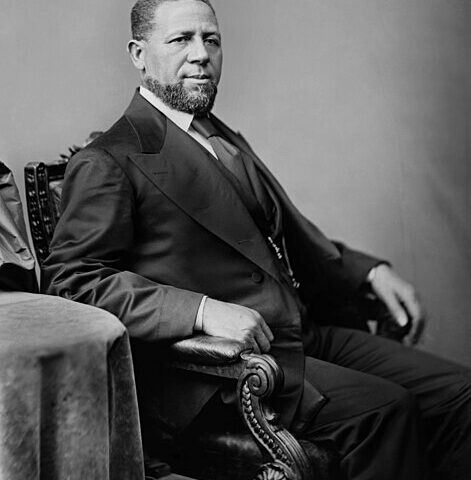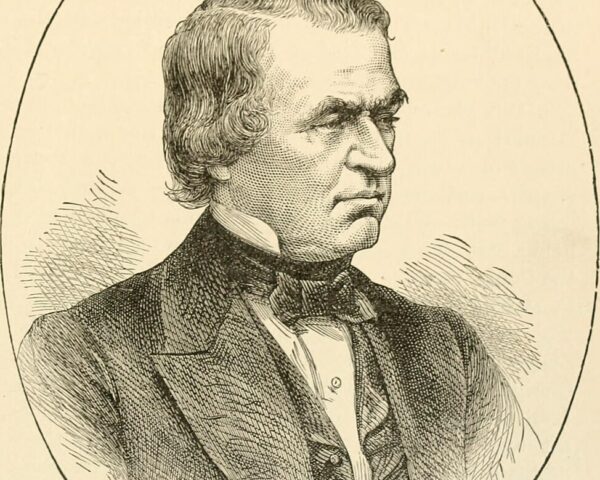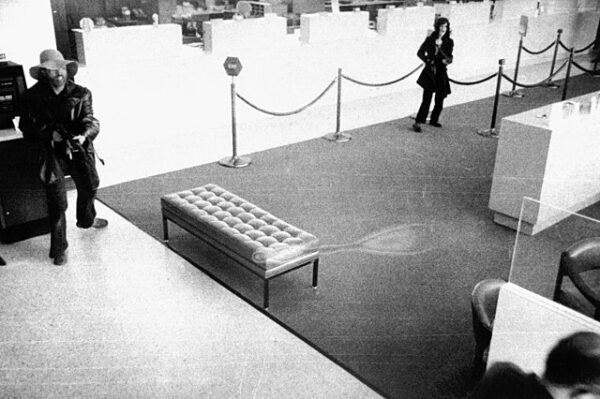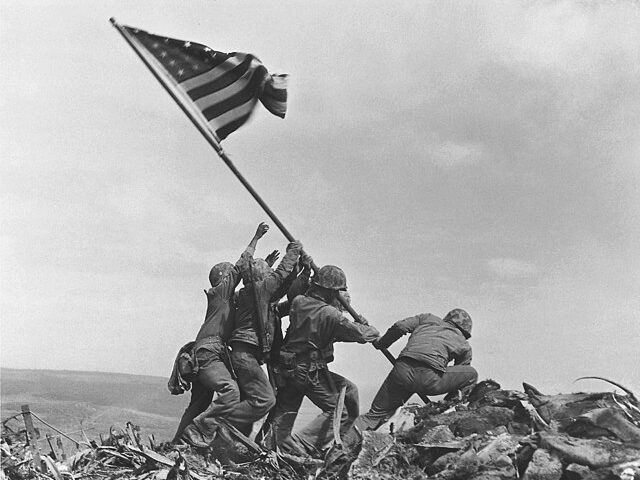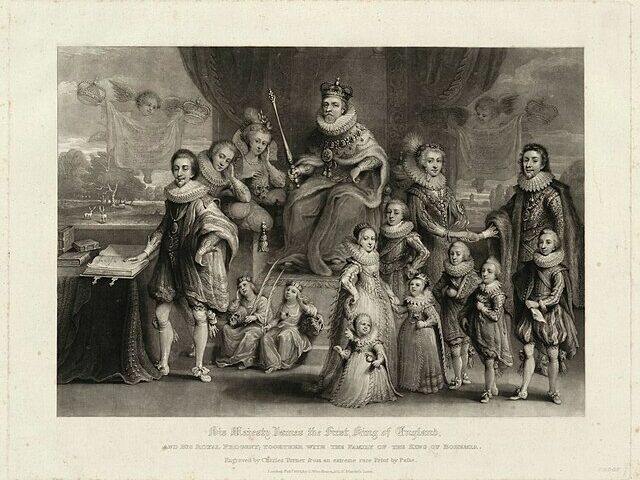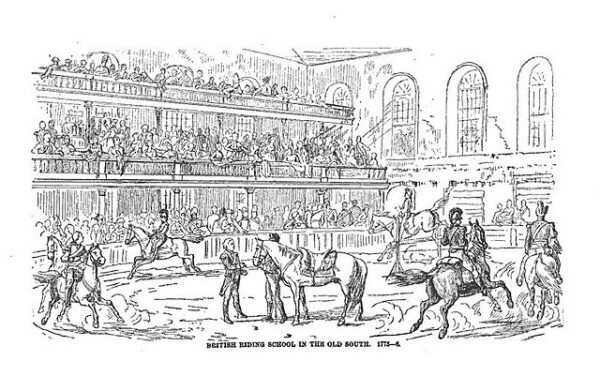On February 26, 1870, New Yorkers descended a staircase near Broadway and Warren Street and stepped into the future. Beneath the clatter of horse-drawn omnibuses and the mud-churned chaos of lower Manhattan, a sleek cylindrical car waited inside a brick-lined tunnel. It did not…
Read MoreOn February 26, 1935, Adolf Hitler made an ominous declaration: Germany would formally reconstitute the Luftwaffe. This was not merely an administrative decision—it was a brazen act of defiance against the Treaty of Versailles, a calculated move that signaled to the world that Germany…
Read MoreOn February 25, 1951, before a packed stadium in Buenos Aires, Argentine President Juan Perón officially opened the first Pan American Games, inaugurating what would become the Western Hemisphere’s premier multi-sport competition. Modeled loosely on the modern Olympic Games but confined to the nations…
Read MoreOn February 25, 1870, Hiram Rhodes Revels of Mississippi made history by becoming the first African American to serve in the United States Senate. This moment was not just symbolic—it was a groundbreaking achievement that reflected the fragile but significant progress of Reconstruction, a…
Read MoreOn February 24, 1991, after more than five weeks of relentless aerial bombardment, coalition ground forces surged north across the Saudi Arabian border into Iraq, launching the decisive land campaign of the Gulf War. The moment marked the beginning of the war’s climactic phase—an…
Read MoreOn February 24, 1868, Andrew Johnson, the 17th President of the United States, became the first president ever impeached by the House of Representatives, marking a pivotal moment in American political history. This event was not just the result of partisan rivalry; it emerged…
Read MoreOn February 23, 1974, a communiqué arrived with a demand as audacious as the crime that had preceded it. The self-styled Symbionese Liberation Army—an obscure, violent revolutionary collective barely known outside the Bay Area—announced it would require an additional $4 million in food distribution…
Read MoreDuring World War II, the Battle of Iwo Jima became one of the most intense and strategically significant confrontations in the Pacific Theater. Located roughly 750 miles from Japan’s mainland, this small volcanic island was of great importance to the United States. Its airfields…
Read MoreOn February 22, 1371, the Scottish crown passed quietly—but decisively—into new hands. With the death of David II, son of Robert the Bruce, the direct Bruce line came to an end. Ascending in his place was his nephew, Robert II of Scotland, the first…
Read MoreOn February 22, 1770, in Boston’s North End, what began as a small disturbance quickly turned into a pivotal tragedy that echoed across colonial America and hinted at the revolution to come. Ebenezer Richardson, a British customs officer already despised by locals, fired a…
Read More

